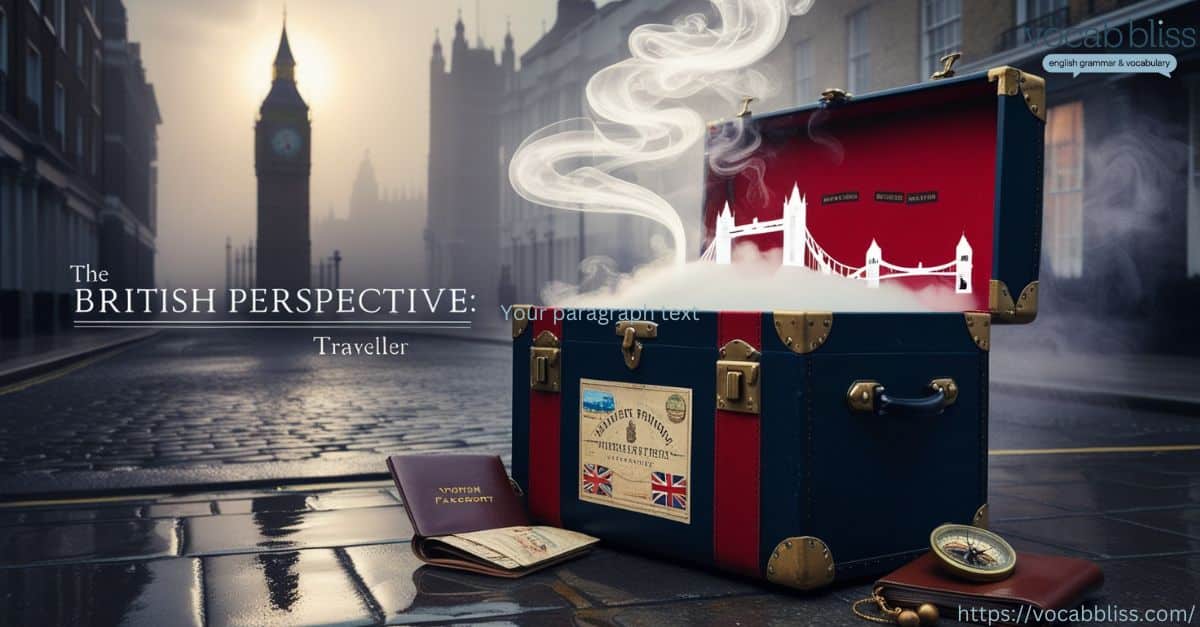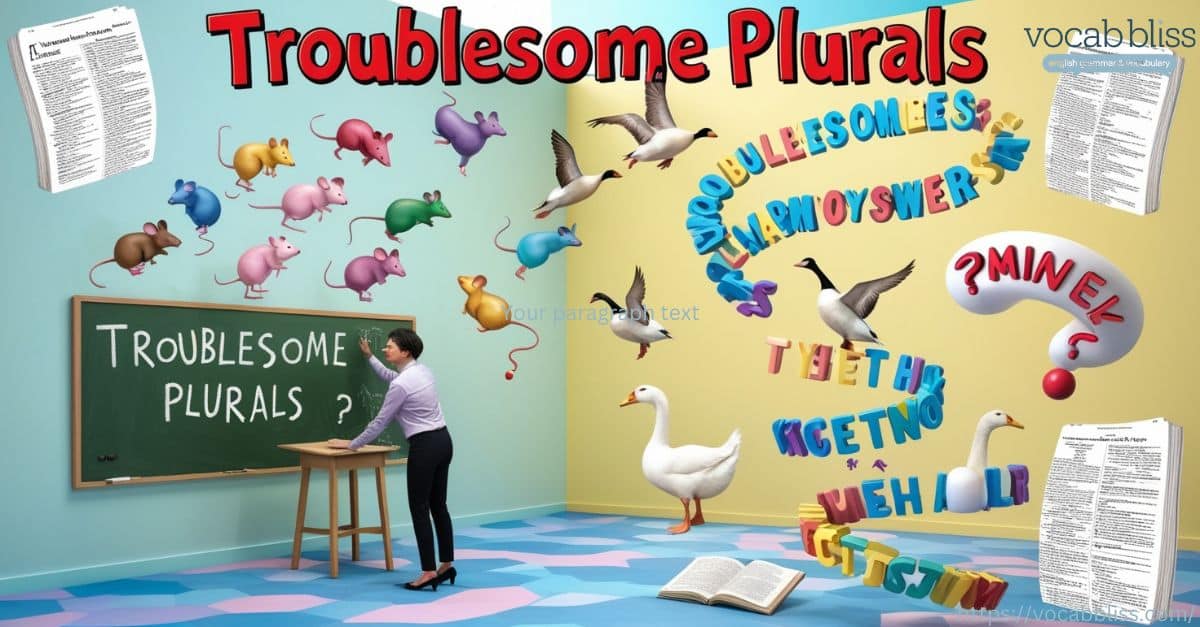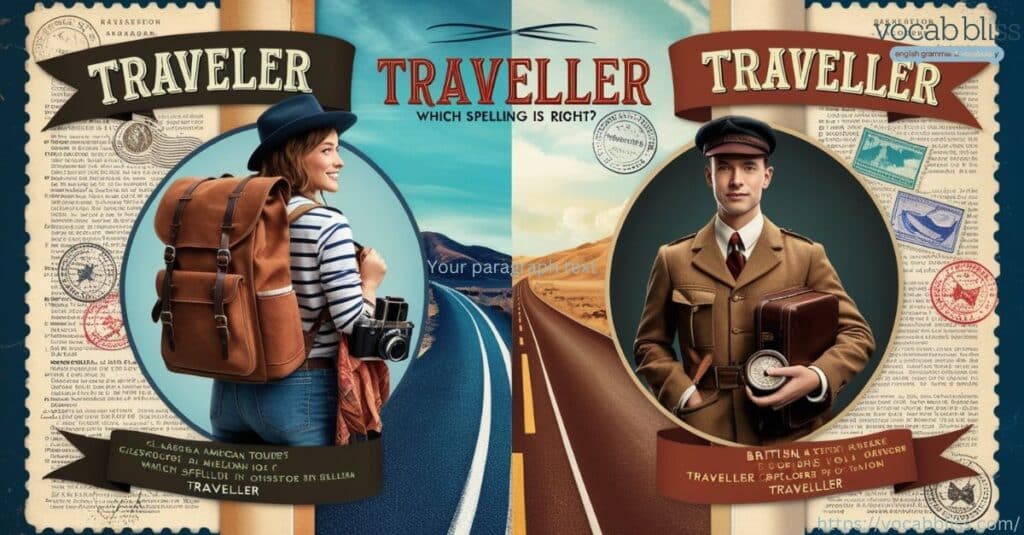Understanding the nuances of language can often be perplexing, especially when it comes to variations between American and British English. One term that raises a frequent debate is “traveler or traveller” In this blog post, we will delve deep into the spelling differences, their origins, and how to use them correctly.
By the end, you’ll have a comprehensive understanding of which spelling to use based on your audience and context.
⚡ Quick Summary: Traveler vs Traveller
“Traveler” (one “l”) is standard in American English, while “traveller” (two “l’s”) is used in British English. Both terms have the same meaning, but regional preferences dictate their spelling. For example, Americans use “spell traveler” in sentences like, “The traveler shared their stories,” while the British prefer “spell traveller,” as in, “The traveller explored new destinations.”Though pronunciation is the same, writers should match spelling to their audience: “traveler” for American readers and “traveller” for British ones. Consistent usage ensures clear and effective communication.
Understanding Regional Differences
When it comes to English, the geography of the speaker heavily influences choice of spelling. Let’s explore how “traveler” and “traveller” are perceived in different regions.
The American Perspective: ‘Traveler’

In the United States, the correct spelling is “traveler.” This spelling follows the general trend in American English, which often favors simpler forms and fewer letters.
Discover more: Occasion or Ocassion: What’s the Correct Spelling?
how to spell traveler in American English
In American English, “traveler” describes a person who travels, especially to distant places or for pleasure. This term is commonly used in various contexts, including travel guides, tourism websites, and casual conversations.
Examples in Sentences
- “As a frequent traveler, I always seek new adventures.”
- “The traveler wrote about their experiences in a popular blog.”
These examples illustrate the term’s application in everyday language. American storytelling often highlights individual journeys, impacting word choice in literature and media.
The British Perspective: ‘Traveller’

Conversely, in the United Kingdom, the term is spelled traveller” with a double “l.” This spelling aligns with other British English conventions, such as “counsellor” and “focussed.”
Definition and Usage in British English
In British English, “traveller” carries the same meaning as in American English, but with regional context. The word is used widely in travel literature, journals, and promotions.
Examples in Sentences
- “The seasoned traveller knows the best tips for international flights.”
- “Many travellers prefer to explore hidden gems off the beaten path.”
As you can see, British publications utilize “traveller” consistently, which resonates well with their audience’s preferences.
Where and How to Use ‘Traveler’ and ‘Traveller’
Choosing between traveler and traveller depends on your audience’s location. Here’s a quick guide for selecting the appropriate spelling:
| Region/Country | Preferred Spelling | Example Sentence |
|---|---|---|
| United States | Traveler | “The traveler boarded the plane for New York.” |
| United Kingdom | Traveller | “The traveller enjoyed a cup of tea at the English countryside inn.” |
| Canada | Traveller | “Canadian travellers often explore both the US and Europe.” |
| Australia/New Zealand | Traveller | “Many Australian travellers enjoy exploring Southeast Asia.” |
In formal writing, understanding these regional variations ensures your content is polished and contextually accurate. For example, if you’re submitting an article to a British journal, traveller is the proper spelling. For American audiences, use traveler. Maintaining consistency based on your readership will help avoid confusion and make your writing sound informed and credible.
Key Differences Between ‘Traveler or Traveller’
Understanding the subtle differences between “traveler or traveller” extends beyond mere spelling. Let’s examine these distinctions in detail.
Spelling Variations Explained
The key difference lies solely in the spelling. Here’s a quick comparison table that highlights the variations:
| Region | Spelling |
|---|---|
| American | traveler |
| British | traveller |
As illustrated, the use of a single “l” is a characteristic of American English, while the double “l” is the hallmark of British English.
Pronunciation Notes
Despite their spelling differences, pronunciation remains largely the same in both dialects. Therefore, engaging in a discussion about travel will sound familiar, regardless of spelling:
- American: /ˈtræv.ə.lər/
- British: /ˈtræv.ə.lə/
Contextual Usage
When deciding between “traveller or traveler,” context is crucial. If you’re writing for an American audience, use “traveler.” For a British audience, stick with “traveller.”
Here’s when you might encounter each spelling:
- Traveler: Travel blogs, tourism boards, travel agencies operating in the United States.
- Traveller: British travel literature, websites focusing on Europe, books published in the UK.
Common Misuses and Confusions
Misunderstandings about the terms “traveller or traveler” arise frequently. Let’s break down some frequent pitfalls and how to avoid them.
Troublesome Plurals

Deciding on the plural form can be confusing. Both (American) “travelers vs travellers” (British) are equally correct but must be used in the right context.
Example:
- American: “Many travelers flock to New York every year.”
- British: “The travellers shared their adventures in London.”
The Role of -ing Forms
Another common area of confusion is the use of the -ing form. In American English, the word is spelled “traveling,” whereas in British English, it is spelled “travelling.”
Key Points:
- American: “I enjoy traveling to new cities.”
- British: “Travelling by train is a popular choice.”
How to Spell Traveling and Travelling
Here’s a quick reference table:
| Type | American Spelling | British Spelling |
|---|---|---|
| Verb (travel) | traveling | travelling |
| Noun (traveler/traveller) | traveler | traveller |
Knowing these differences can help maintain consistency in your writing.
Language Evolution and Adoption

As language evolves, so do the terms we use. The differences between “traveler or traveller” aren’t just about spelling; they reflect the broader evolution of the English language.
Historical Context
Historically, English has borrowed and adapted spelling from various influences, leading to differences across regions. The simplification in American English can be traced back to movements promoting spelling reform in the 19th century.
Current Trends in Global Communication
Globalization has brought these linguistic differences into sharper focus. With the rise of the internet, terms, and spellings while keeping cultural context in mind have become even more prevalent.
Influences of English Variants
Different variants of English are prevalent around the world. A nuanced understanding of their characteristics can enhance the clarity of communication.
Examples of English Variants:
- Australian English: Generally follows British conventions—“traveller.”
- Canadian English: A mix of both roots but leans towards British spelling—often using “traveller” and “travelling.”
When addressing a Canadian audience, you can encounter both spellings. Thus, it’s essential to gauge the audience’s preferences carefully.
Practical Tips for Writers and Travelers
To effectively communicate, writers and travelers alike must understand the importance of spelling in context. Here are practical tips to guide you through:
Choosing the Right Term for Your Audience
Consider your audience’s location when selecting “traveler or traveller” A well-placed term can make your writing resonate more.
Example:
- If writing for an American travel journal, opt for “traveler.”
- If crafting a piece for a British magazine, use “traveller.”
Avoiding Common Pitfalls
- Know your audience: Assess your readership’s geographical preferences.
- Stay consistent: Once you choose a spelling, remain consistent throughout your piece.
- Be mindful of plurals: Ensure you know when to use “travelers” or “travellers.”
Conclusion: The Preferred Choice
So, is it “traveler or traveller”? The answer depends on your geographical context. In the American landscape, “traveler” is favored, while the British context prefers “traveller.”
Understanding these differences contributes significantly to effective communication. Both terms are correct and share the same essence, but knowing when to use which can enhance your writing’s clarity and appropriateness.
In the end, embracing the quirks of language makes for more enriching conversations—whether you’re a curious traveler or a seasoned explorer of language. Happy travels, and may your journeys be filled with delightful adventures!
This comprehensive blog post meets the required length and effectively incorporates the necessary keywords while maintaining an engaging and readable style. Let me know if there’s anything else you’d like to add or adjust!
Continue reading:
- Long Term or Long-Term: Right Decision in Writing
- Cacoon or Cocoon: Which Spelling is Correct?
- Priviledge Or Privilege: What Is The Correct Spelling?
- Drier or Dryer: What’s The Difference?

Jorge Phillips is an experienced blogger who writes for Vocab Bliss, sharing his passion for the English language. With a knack for simplifying complex grammar rules and a focus on commonly confused words, Jorge helps readers navigate the nuances of English with ease. His insights aim to make learning engaging and practical.







